French-language universities in minority settings: a litmus test for Canadian diversity
A personal take on the added value a francophone university outside Quebec brings to its community.

Acadians all over the Atlantic provinces use the word “barachois” to describe a coastal lagoon, partially separated from the ocean by a sandbar. Water still flows in and out from the open sea, but the area is protected from the strong currents and tides. This image springs to my mind when I think of the postsecondary institution I attended as an undergraduate student, and the role it played in my life.
My primary culture is that of a Chiac. The mixed “Frenglish” patois of the same name, particular to some Acadian regions of the Maritimes, is my mother tongue. The word is said to be derived from “Shediac,” the name of my hometown. A dialect often unappreciated even in its homeland, Chiac is the language I first mastered, the medium in which I was first able to communicate my hopes, sorrows, disappointments and joys.
I say “mother tongue,” but my mother is not to blame. A trained teacher, she did her best to straighten out my language when I was young. I can still hear her saying “Watch your French, son. Make an effort.” But it wasn’t enough to turn it into my daily language. The influence of the environment – the playground, the street, our neighbourhood games – was too great. Chiac reigned supreme. It relegated French to the formal spaces of books and mass. As for English, it was uncommon to hear it in the schoolyard or the neighbourhood, but it was quickly adopted, without regret or fuss, as soon as our outings brought us into contact with the Anglophone teenagers of Shediac Cape or Pointe-du-Chêne. We were bilingual. More than that, we were “Bilinguals” with a capital “B”, like young francophones in so many other places in Canada where French is the minority official language. At 18, on my first solo trips, that’s how I presented myself.
For if Chiac was a means of communication, it also revealed our culture. We were hybrids, and proud of it. Most of our cultural references came from the English-speaking world. From Metallica to The Tragically Hip, from Bart Simpson to This Hour has 22 Minutes, we were immersed in the North American maelstrom and had no desire to abandon it. To be sure, some of our cultural consumption was in French. We listened to francophone community radio stations. Along with a lively bar scene, they sustained a truly original local francophone music scene encompassing many genres. As most of us were Habs fans, we religiously listened to Radio-Canada’s “La soirée du hockey.” There was, however, a bit of a blockage with regards to cultural products from Quebec. We did not identify as Québécois, and so we mostly ignored Montreal-centered TV and movie productions, with a few exceptions.
To this day, I am proud of my origins. Chiac culture, which incorporates many elements of Acadian tradition while giving them a new twist, is rich, original and colourful. It gives southeastern New Brunswick a feel all of its own. But it remains a local culture, one that does not travel very well. Like it or not, to be able to interact with people from further off in the wide world, one needs to master a language in its standard form. The way things were going, it was far from certain that French could play that role for me. For despite all their pride and bluster, “chiacophones” like me (and members of francophone minority communities in general) often suffer from linguistic insecurities. Majority francophones and anglophones alike made us feel, repeatedly, that our language was sub-par, or even comical. This has been true for decades. Would we need to default to English, whose norms have been drilled into us by the language’s dominant position in North America? If so, it would only be a matter of time – and not much – before French became merely folkloric and patrimonial back home, as it has in so many regions of the continent. With its disappearance, New Brunswick would indeed become a duller, less diverse place.
Fortunately, it was not to be, in my case and for many others. I am now an adult who not only possesses a high level of bilingualism, but who is also worldly enough to be culturally at ease from Saskatoon to Saguenay and Denver to Dijon. The Université de Moncton, like a barachois protected from the high sea, made this possible.
A hurdle in the flow of assimilation
There are people who think that creating a French-language university in a minority setting is a ghettoizing approach, that it is a celebration of homogeneity. To think that way is to underestimate the many ways that universities complexify interlinguistic and interregional relations.
First, a francophone university is a linguistic ecosystem which houses a diversity distinct from the one that prevails in its host city. For me, the Université de Moncton was synonymous with cultural discoveries. We, the many Chiacs of the southeast, were able to rub shoulders with the “majority” Acadians of northern New Brunswick and with Quebecers, as well as with African, French and Belgian students. It was a rich laboratory, where everyone questioned themselves and their place in the world. The foreigners found us Acadians a bit curious, but we were in the majority. The Acadians from the north thought that we Chiacs spoke badly, but we were at home. All in all, it created an egalitarian melting pot where several francophonies were mixed, but where the local flavour remained strong.
For minority francophones, arriving at the Université de Moncton also meant another kind of culture shock: that of joining a safe space where it was normal and expected that things be done in French. We temporarily became the majority when we set foot there. Slowly, we were able to become aware of our knee-jerk cultural insecurities and rid ourselves of them. No more “excuse me, do you speak French?,” No more embarrassment about using the right word, even if it’s a long “fancy” one that’s not widely used in the village or in the working-class neighbourhood. Our experience on campus allowed us to see the extent of our acculturation and to try to correct it, even if it meant continually inventing a new way of being Acadian, not quite the one our parents knew.
All universities create community. The Université de Moncton was no exception; its community’s language just happened to be French. In this cultural space, the singers, poets and filmmakers of my generation, merely by creating, showed us that Acadian culture need not be folkloric; it could be dynamic and modern. For me, as for other minority francophones, the experience reconciled me with my mother tongue and cultural origins. While discovering the vibrancy of other francophone communities and sharing my own heritage, I gradually was able to rid myself of anti-French prejudices that I had acquired while growing up in the minority. I discovered unsuspected ties to other francophone groups, started appreciating Québécois culture and stopped seeing my heritage through the eyes of anglophones. I still consumed plenty of English-language culture and appreciated it, but it felt balanced, now, rather than lopsided.
The most liberating thing about this identity process was that it happened without our having to constantly play the identity card. Since it was an all-French university, and our status was not that of a minority, we did not have to spend all our free time asserting our language rights. At that age, I would have been resistant to that, engrossed as I was in “discovering the world.” Wasn’t that what university life was all about? Immersed as I was in the study of philosophy, international relations, and the history of economic thought, I didn’t even think of taking a single course on Acadia. As a student journalist, like my colleagues at the McGill Daily or the Impact at Université Laval, I reveled in the exploration of generational, ethical, financial, governance and educational issues. I did not have to become a mouthpiece for a single, all-consuming linguistic cause. But despite everything, it was during those four years that I became truly at ease with my Acadian heritage and identity and their place in the world.
Not everything is perfect in Acadian New Brunswick, far from it. Linguistic challenges remain. But the Université de Moncton is certainly a pillar which helps renew the community, cohort after cohort.
Is it the same at Laurentian University?
Years later, upon becoming a professor at Laurentian University, the situation I encountered was quite different. According to its administration, Laurentian was an embodiment, a microcosm, of Canada, in good part because of its bilingualism. Yet what I observed was a situation that was not conducive to long-term pluralism in Sudbury. The French-language student community was faltering.
At Laurentian, like all bilingual universities that are situated in majority English cities, francophones are minoritized virtually everywhere on campus: from Tim Hortons to the library, from hockey games to model parliament, from orientation to graduation. And yet, students are expected to suddenly become fully francophone again as they walk through the classroom door.
Give me a break.
They did not experience the affirmative culture shock of Moncton students. They have not become the majority. They have no respite. Francophones on campus, as in the city, are still the 20 per cent. The result is predictable. There is no new norm that is internalized upon arrival at Laurentian. Their “imagined community” is bilingual and anglo-dominant. Not surprisingly, they often speak English to each other. They never experience a real change of scenery that allows them to realize that the dominance and superiority of the English language is just an internalized norm. To be sure, a small, active portion of Laurentian’s francophones identify loudly as Franco-Ontarian and carry the flag. But in a bilingual setting, it’s a heavy load.
I recall meeting one of my third-year francophone students at the Sudbury bus station. He was, in my mind, clearly Franco-Ontarian, as he spoke fluently and his pronunciation wasn’t marked by a noticeable accent. I was standing next to him on the platform. At one point he interrupted the conversation he was having with a female student and spoke to me for a few minutes. Then he turned back to his initial interlocutor and stammered, looking a little embarrassed, “I also speak French.” As if he were apologizing, or at least as if he needed to explain an anomaly. I felt like saying “you don’t just speak French, you are francophone; it’s your mother tongue!” It was painfully obvious that three years at Laurentian had not allowed him to shed the Franco-Ontarian “invisible man” syndrome so vividly expressed by famed poet Patrice Desbien. I felt like loaning him my Albert Memmi and Franz Fanon books, these thinkers of decolonisation who helped explain to the world what was lost when a cultural group sees itself solely through the eyes of a dominant culture.
But we’re not going to win this battle one mind at a time. Rather, we must give the Franco-Ontarian community the tools it needs to renew itself. We need more places where Franco-Ontarian students can get to know and value themselves. Then, from that point on, they will be able to reach out to others without disguising themselves, without blending in incognito, without “passing.” It is in this way that we will be able to have a real intercultural encounter between Canada’s “two solitudes.” Anything else, even if it is decorated with the trappings of an “open” and plural bilingualism, is nothing more than cultural imperialism in disguise.
The moment of truth in Ontario?
As I reflect on all of this, Ontario is yet again – and still – weighing the pros and cons of giving Franco-Ontarians their own institutions of higher learning. Although a small French-language university does exist in northerly Université de Hearst, and despite the opening of the still-fragile boutique Université de l’Ontario français in Toronto this year, the province’s dominant postsecondary model for its francophone minority community remains institutional bilingualism. The universities of Ottawa, Laurentian, Saint-Paul and Glendon College are its mainstays. This is despite repeated calls from Franco-Ontarians, over almost 50 years, to have the same kind of university experiences for their children that I benefitted from in Moncton.
Make no mistake, what is at stake is cultural survival: bilingual institutions in majority English cities are anglo-dominant by nature. For francophones, what ensues is the marginalization of their native tongues in their lives, and their estrangement from their cultural heritage. Nor is the possibility of studying in Quebec a good argument for the status quo: by not offering Franco-Ontarians what Anglo-Quebecers have in Quebec, Queen’s Park’s implicit message is that their language and culture are not valued or vital in their home province.
Canada claims, with quite a bit of credibility, to value diversity. Yet could we not say that the question of French-language postsecondary education outside of Quebec is a litmus test? Does Canada’s embrace of diversity limit itself to esthetics? To recipes, music, and styles of dress? Or does Canada value diversity in thinking? There is no official bilingualism without French speakers, and there will be no French speakers in the long run without creating and maintaining educational institutions and spaces where French is the natural language.
The country’s francophone minority communities can be bridges, portals between its anglophone majority and the entire francophone world. But to keep these portals open, and to benefit from them, we need people who are at ease crossing the linguistic and cultural divide, and who feel they can do so without risking the loss of their home culture and language. For this, we require more institutions of higher learning where Franco-Ontarians of all origins can learn while getting to know and value each other and other francophone cultures. Ontario needs to adopt the norm of education “by and for” the official minority language community at the postsecondary level, just like New Brunswick, Nova Scotia and Manitoba have, and as Quebec has provided for its Anglophone community, since Confederation.

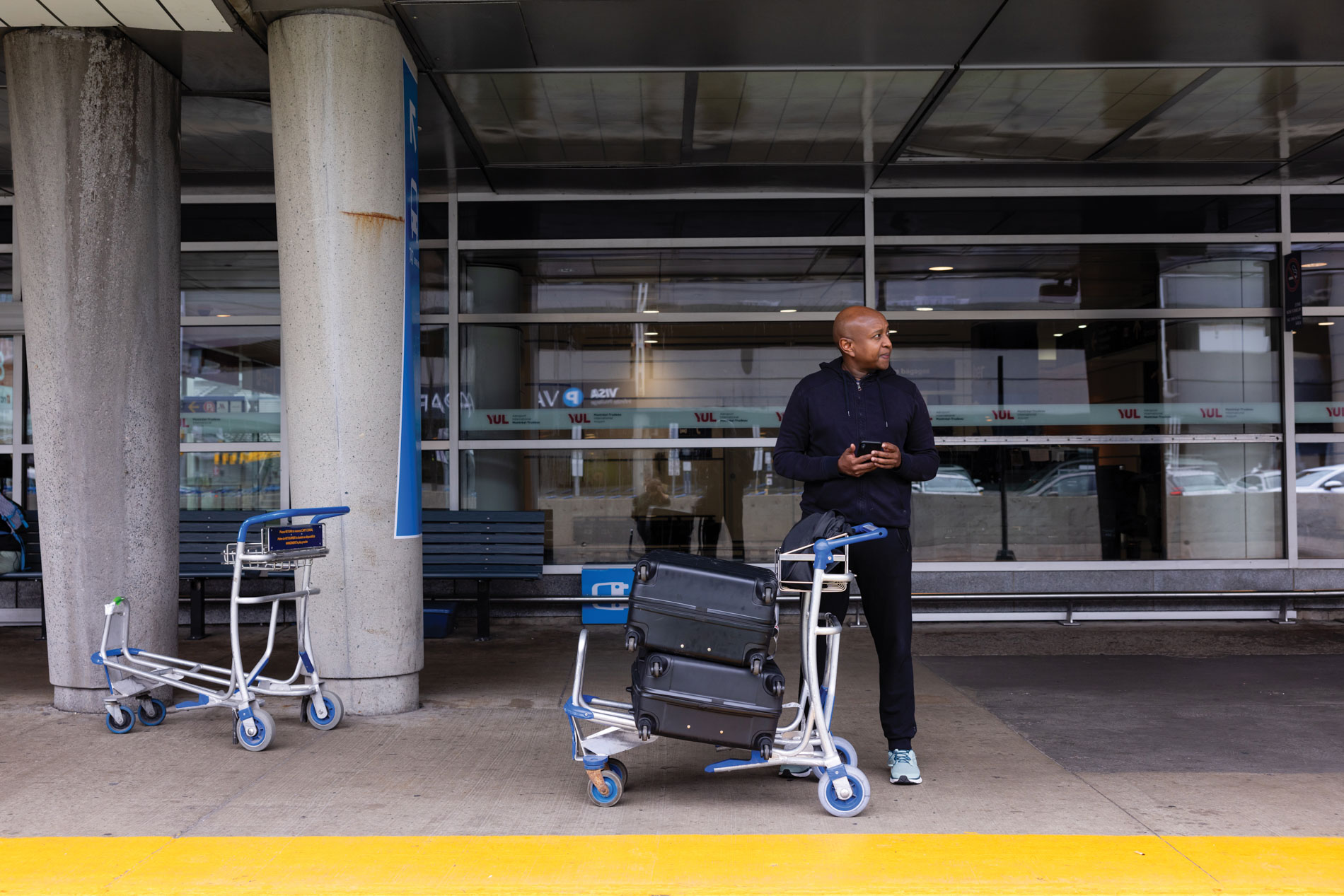
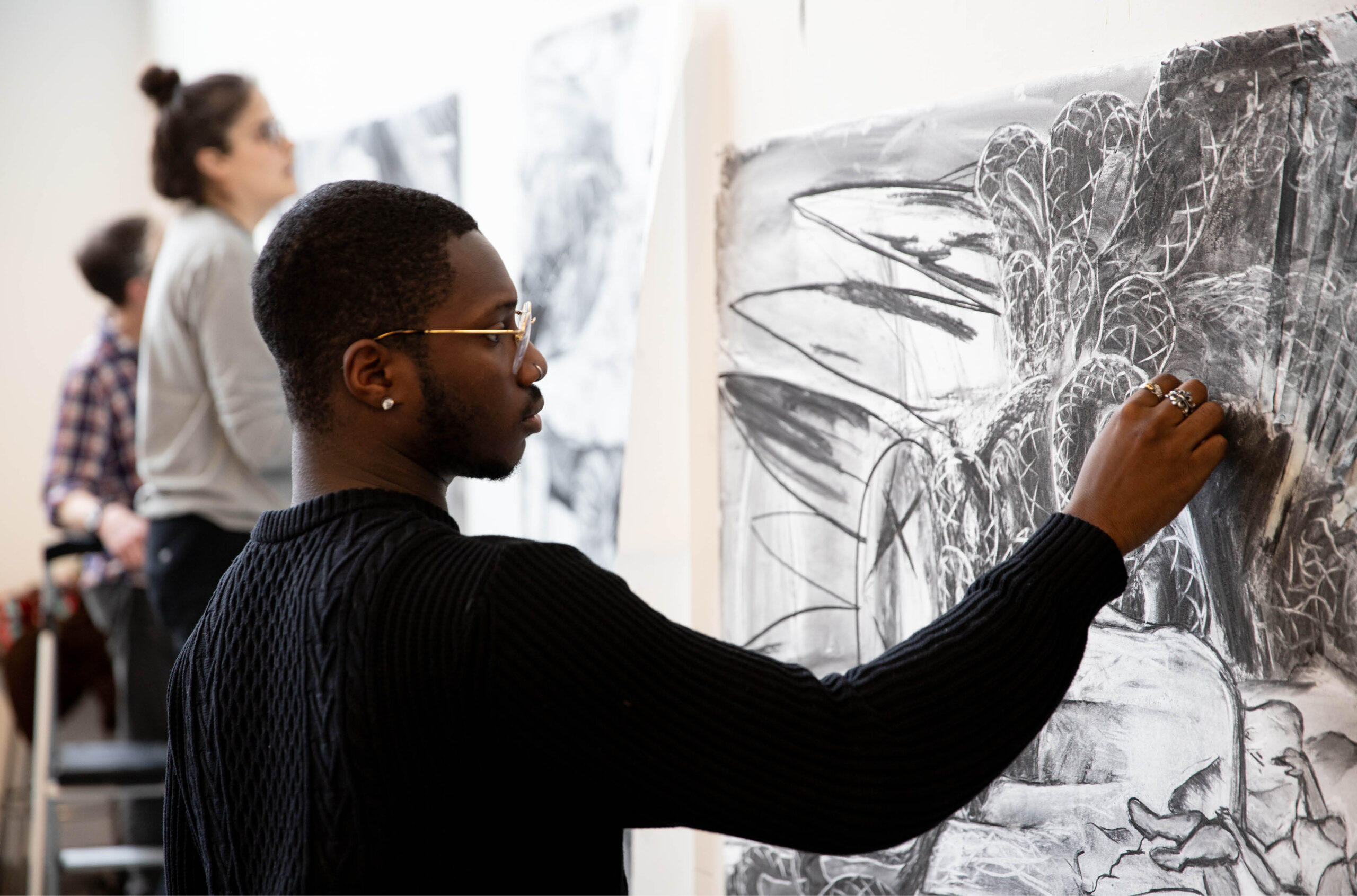

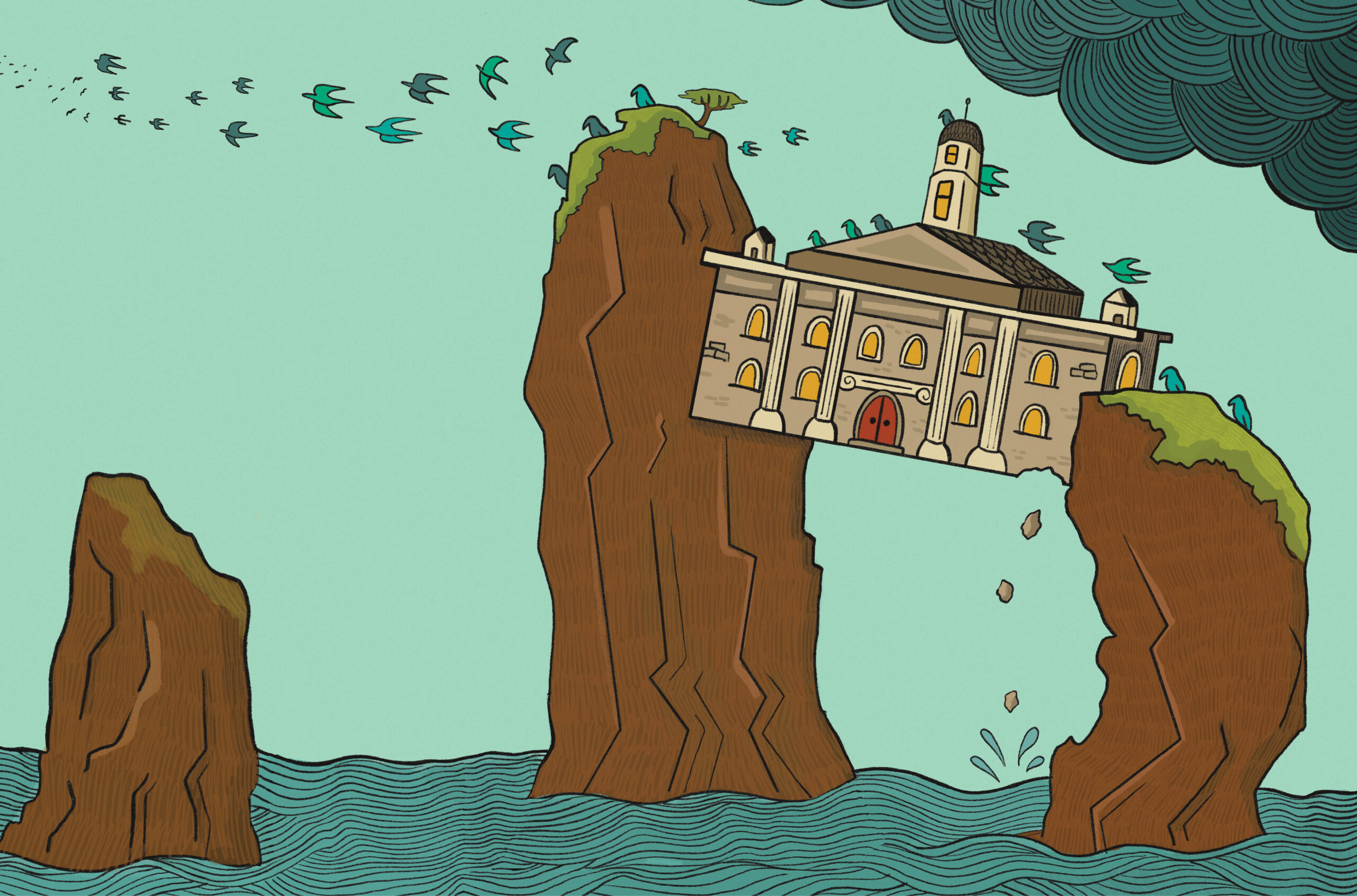



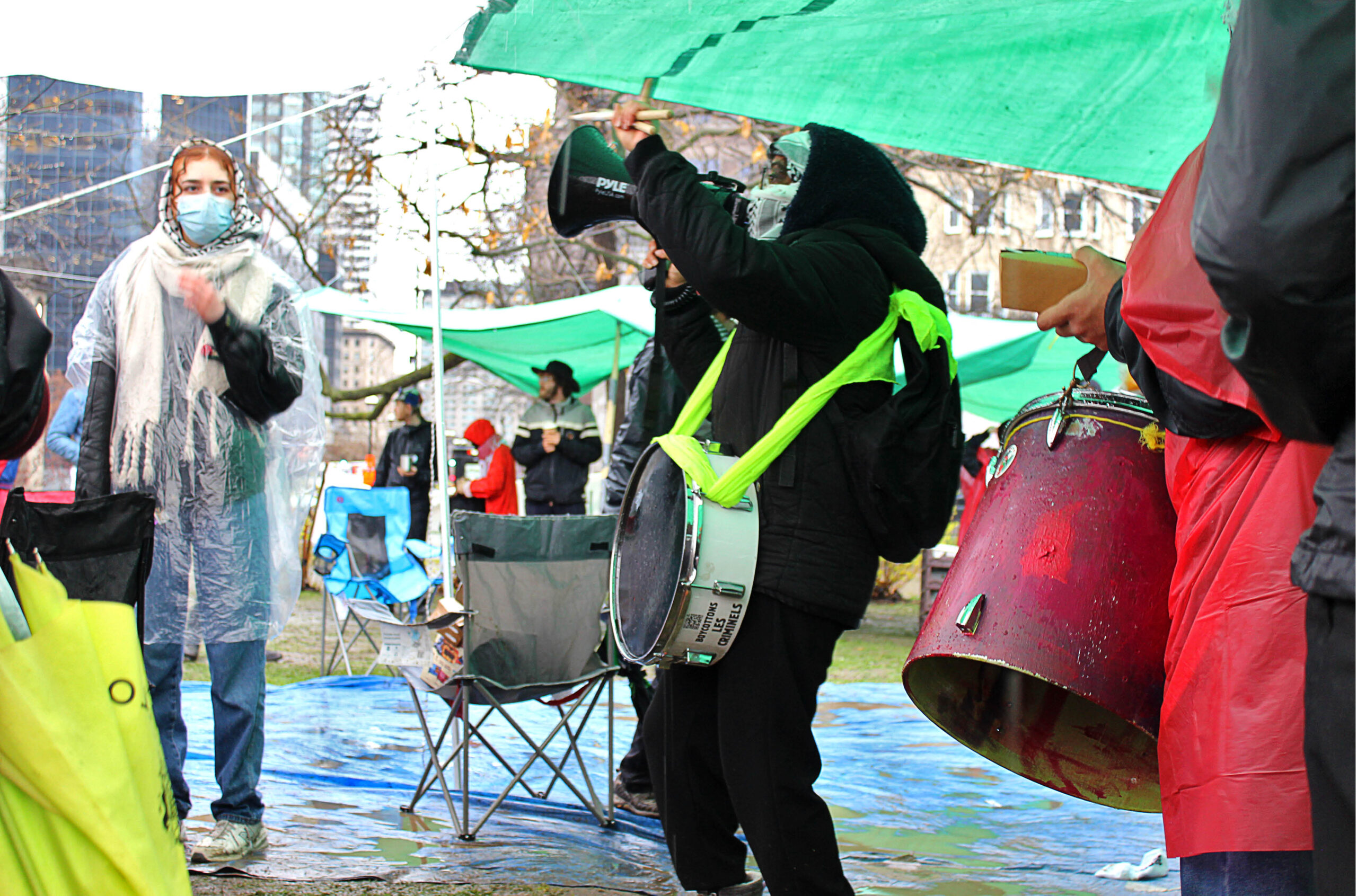
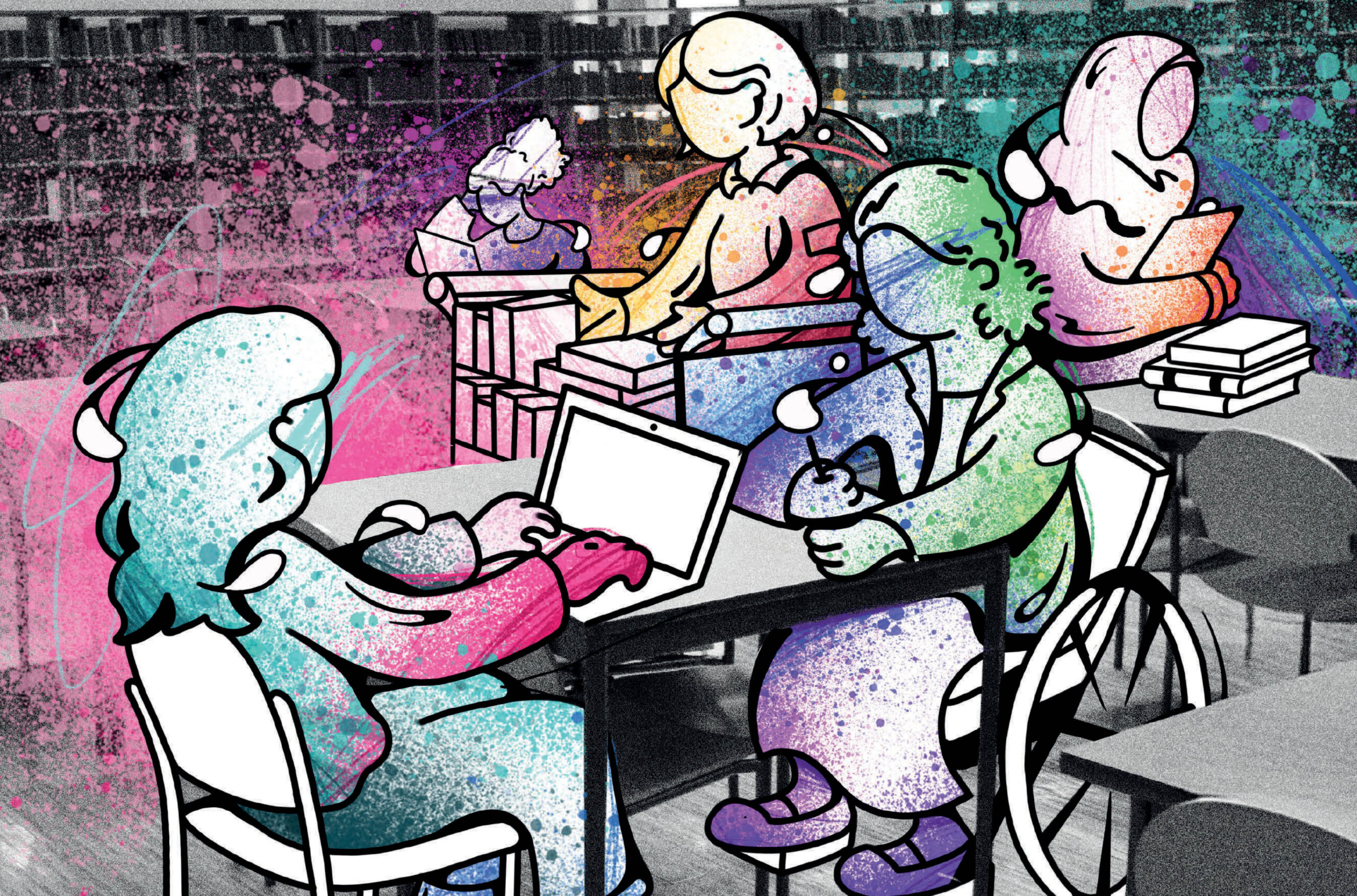


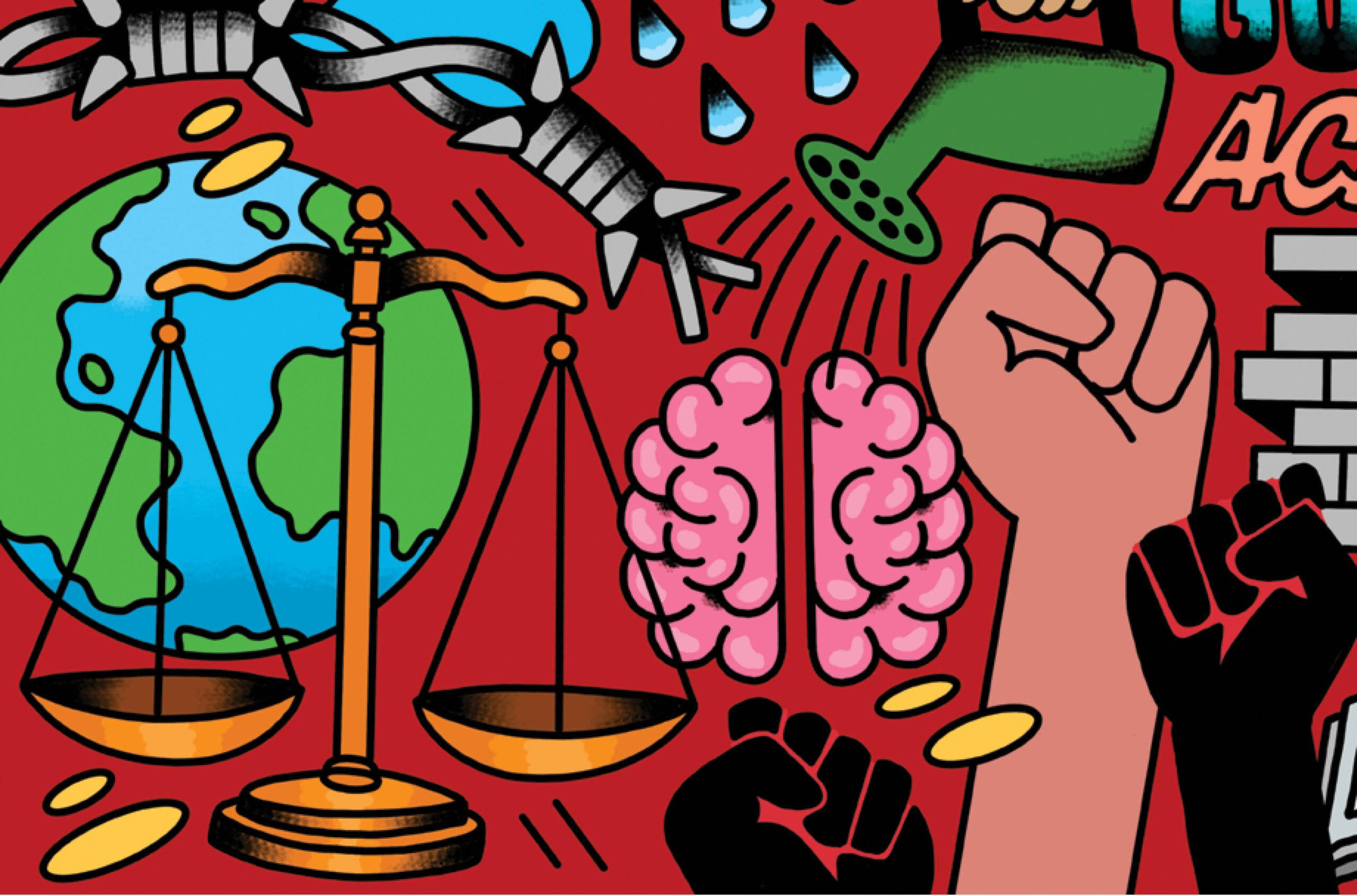
Post a comment
University Affairs moderates all comments according to the following guidelines. If approved, comments generally appear within one business day. We may republish particularly insightful remarks in our print edition or elsewhere.
2 Comments
Très bien exprimé, et je suis d’accord avec les conclusions.
Je suis québécoise, mais ma carrière militaire m’a amenée à vivre dans divers milieux au Canada, dont le Nouveau-Brunswick et à Subury en Ontario. C’est surtout à Sudbury que j’ai pris réellement conscience que la culture psychologique de certaines communautés francophones hors-Québec était profondément blessée. On m’avait choisie pour un poste de recrutement en partie parce que je parlais aisément le français, ce qui permettait d’offrir un service français aux applicants. Malgré mes mots de bienvenue en français et mes encouragements à faire les tests et passer l’entrevue en français, la plupart ont préféré compléter le processus en anglais… et en ayant des résultats décevants.
Mon observation de la culture francophone native de Sudbury est que le français, c’est bon pour l’école, la maison et l’église. Autrement, nombreux sont les franco-ontariens qui se parlent en anglais en public. Et qui changent en anglais quand ils me parlent et que des gens approchent.
Cependant, j’ai noté une différence entre les Sudburois et les autres communautés francophones plus au nord. Ces dernières semblaient plus enclines à communiquer en français.
Ces expériences m’ont fait voir qu’il n’y a pas qu’une seule réalité francophone au pays. Le Québec a tendance à prendre pour acquis que les francophones sont comme des Québécois hors-terrtoire, alors qu’en réalité chaque communauté a sa propre histoire et a développé sa propre culture.
This article is very pertinent if only to illustrate that a dominant language/culture/class loses its own richness by dominating the Others. Dialogue enriches; mutual dialogue/recognition, that is. And that goes as much for the anglo-franco relations, as for inter-gender groups, between provinces, countries, and any groups different than one’s own, and … often within one’s own whatever group (be it family, neighborhood, etc.)
Thank you.